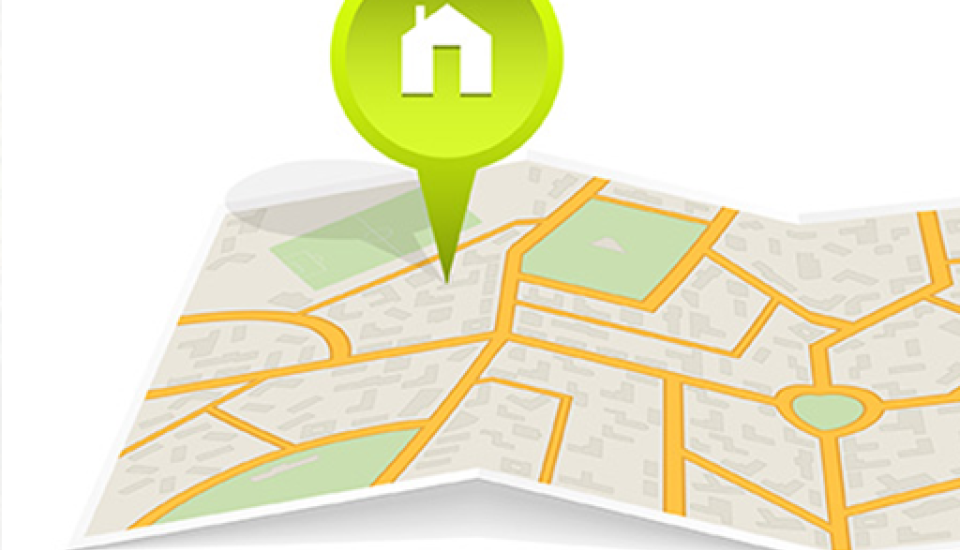Figure out what you want.
Now that you know how much you can borrow, it’s time to figure out what you’re looking for in a home.
It’s important to have a think about what you want, what you need, and what you’re willing to compromise on before you start house hunting. It might be that you need a house that has three bedrooms, or that you want to live within a certain area. Maybe you’re happy with a home that’s a little more dated as long as it has a strong foundation. Did someone say home reno?
If you’re buying a home with someone else, it’s important that you have this discussion together to make sure that you’re both on the same page.
It’s also important to be realistic about what you can afford. While a home cinema and a backyard pool would be awesome it might be just a little out of your price range as a first home buyer (maybe someday though).
Once you’ve figured out what you are looking for you can then start to look at potential homes.
Check listings online and in the paper.
These days there are plenty of places that homes are listed, from websites, to your local paper and outside of real estate agent’s offices.
It’s important to remember that when you’re first starting to look at homes the more you search the more of an idea you’ll get of what you are looking for.
The great thing about using online sites is that you can usually customise your search to filter the homes that fit your criteria, with many sites giving you the option to search by price, location, number of bedrooms and other handy filters. These sites usually also tell you how long the property has been listed, which can be good to know in a fast-paced market.
Make sure you check out a range of sites and sources to ensure you’re getting a full view of all the houses on the market. You don’t want to miss your dream home.
Talk to real estate agents.
Real Estate Agents are a great resource when looking for a home - after all, they know the process inside and out.
Whether you’re chatting to them at an open home or want to approach some directly to see if they have something that might suit you, they’re usually happy to help first home buyers through the process of buying a home.
To help answer some of the most common questions first home buyers have for real estate agents (and make this step even easier) we spoke to a real estate agent about the things first home buyers should know when house hunting.
Visit open homes.
Once you’ve started to find properties that you’re interested in, it’s time to start visiting open homes.
When going to open homes, it’s important to take anyone that is involved in the decision-making process, like a partner or spouse, so you can both view the property. You might also consider taking along friends or family members that have previously bought a home, as they’ll be able to offer extra support and advice.
Take the time to view the property thoroughly, and take a checklist of things to look for, like this one we’ve put together for you.
If you’re unsure of the answer to any of these, or to your own questions, ask the real estate agent. They should know the property details, and if not should be able to find out. You should also ask your real estate agent if there is anything you need to be aware of with the property, or if there is any information they have to disclose. Don’t be shy, they’re there to answer your questions!
Once you’ve visited a few open homes, you’ll start to get a better idea of what you’re looking for and should become more comfortable with checking out properties.
Make an offer.
Once you've found your dream first home it's time to make an offer. So where do you start?
To make sure making an offer is as stress free for you as possible we spoke to the experts to get their advice on the right approach.
Is the home you have your eye on up for auction instead? Never fear, we asked a real estate agent to explain the different types of house sales.
We also have a helpful hint from some recent first home buyers: make sure you have a lawyer sorted before you make an offer, because you’ll be asked for their name and contact details.
Once you’ve made an offer the seller may either accept it, decline it, or make a counter-offer. If they make a counter-offer you can choose to negotiate with them on the selling price. And if they accept? Yay! You’re now on the home stretch.
If your offer is accepted you’ll then be required to sign a Sale and Purchase Agreement, which covers things like the dates, selling price, and conditions of sale. You may want to talk to your solicitor to gain legal advice before signing any documents. It’s important to check whether the Sale and Purchase Agreement has a cash clause, because this means that a cash buyer can make an offer on the home during your conditional period. If you have any questions or concerns make sure you ask your Real Estate Agent. They’re there to help.
Things are getting busy. Now you’re ready for the next step: conditional approval on your offer.
The best bank for first home buyers. Again and again.
Canstar has rated us the best bank for first home buyers for the third year in a row. They found we offered better rates, better support and more innovative approaches to getting first home buyers into their first home. But to be fair, we’ve had over 155 years of practice.

Talk to us today about your first home dream.
Your first home loan is a big deal. If there’s anything you want to know, or if you want some advice on how to get a loan and how to set them up, give us a call. We’re happy to chat, and we’re on your side when it comes to getting that home.
Or if you’re ready to go, start your application online. You can save it and come back to it any time.
Important information.
The information contained within this web page is factual and general in nature and is not financial advice. You should consider the appropriateness of the information as it relates to you. Our product information webpages may cover deposit products and lending information which may contain some general advice. The product information webpages may also contain information about other investments such as, superannuation and insurance, the content of which is factual information and is not intended to imply any recommendation or opinion about the suitability of any of our financial products for you. If you would like to obtain financial advice, we suggest you speak with one of our Nominated Representatives.

